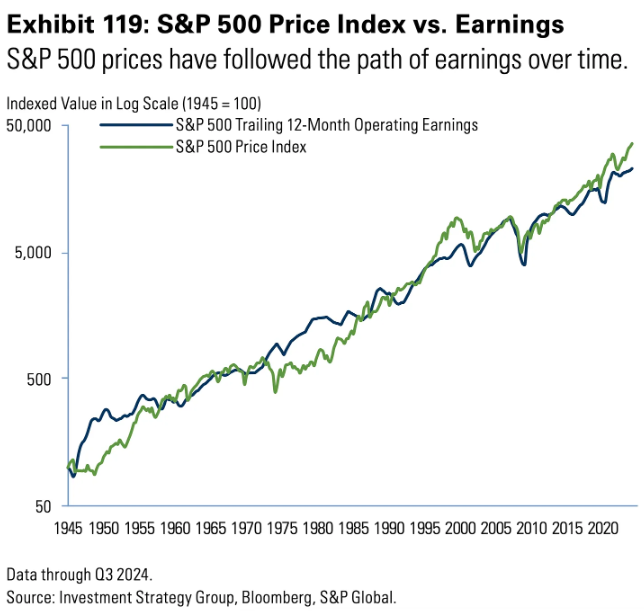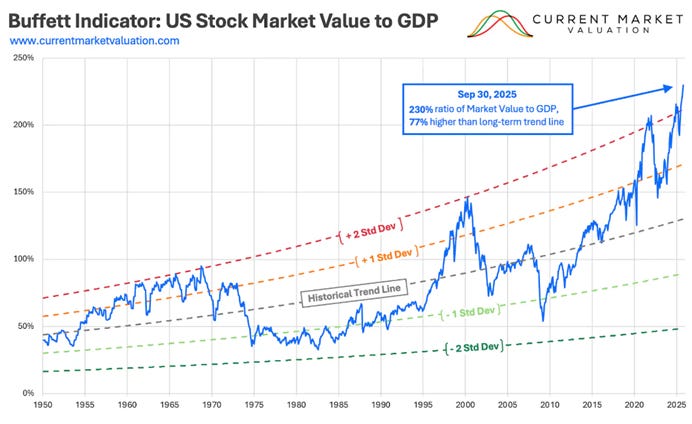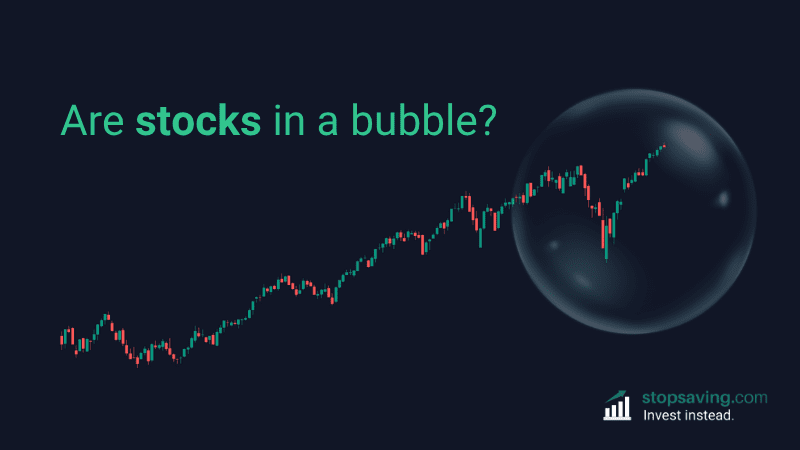
Every day, mothers visit food banks seeking to sustain their families. Every day, someone with a substance issue calls for assistance. Every day, a young person realizes they need to build an income-producing skill. Every day, it seems we read that the Trump administration is dialing down support and assistance for vital human services in our communities.
This is a problem we can address. Community nonprofits take on important social issues and provide essential services in our communities. They include food distribution, shelter, domestic protection, youth programs, health, education, libraries, public safety, and many more.
Those organizations rely on multiple financial resources to sustain their programs. In addition to individuals like us, there are foundations, endowments, and large philanthropic donors. With changing priorities in governmental support, nonprofits will be relying more than ever on non-governmental sources. That's where we can help.
For those willing to make donations, there still might be uncertainty about where to make them, how much to give, and avoiding scams. We have some ideas for your Consideration.
Are
you drawn to helping others and tackling social issues head-on? Then
you might want to consider a career in the vibrant world of social
services non profit organizations.
In
our ever-evolving world, where challenges and disparities persist,
social service nonprofits play a vital role in creating a better
tomorrow. These organizations, driven by compassion and commitment,
provide critical services that contribute to economic stability,
mobility, and community well-being.
Read more at Social Work Portal:
https://www.socialworkportal.com/social-service-nonprofits-guide/Are
you drawn to helping others and tackling social issues head-on? Then
you might want to consider a career in the vibrant world of social
services non profit organizations.
In
our ever-evolving world, where challenges and disparities persist,
social service nonprofits play a vital role in creating a better
tomorrow. These organizations, driven by compassion and commitment,
provide critical services that contribute to economic stability,
mobility, and community well-being.
Read more at Social Work Portal:
https://www.socialworkportal.com/social-service-nonprofits-guide/Where to give.
We begin with the idea of "thinking globally and acting locally." Yes, the needs of the planet are mind-boggling and beyond the reach of any one person or agency. But the needs in our communities and neighborhoods are often very visible.
You know your community and neighborhood's needs better than anyone.
We think meaningful impacts can be made to smaller, local, nonprofits. They might be new or have limited reach because they don't yet receive support from larger entities, or are simply unknown. This is where your donations could make notable difference. Act locally.
How much to give.
IRS
records show a wide range of giving patterns. The average is about 6% of income. Some people use "tithing" (10% of income) as their standard for giving. Whatever you give matters.
If
you're 70 1/2 this year and have an IRA, you can make up to $108,000 of donations via a
QCD (qualified charitable donation) that will be tax-exempt. If you must take a Required Minimum Distribution (RMD) from an IRA, a QCD will count towards the RMD and not be taxed.
A donor-advised fund (DAF) may be another possibility. An account is established. You make donations as you wish and get an immediate tax benefit. Then you make grants to qualified charities as you wish. DAFs are ideal for those who want flexibility and impact without the burden of running a private foundation. Consult with your tax advisor before opening a DAF.
For more information on how any of these might work for you, please get in touch with us.
Avoiding scams.
Scams abound, especially when related to sudden dramatic disasters like storms, floods, earthquakes, and fire. There are ways to vet 501(c)3 charities for their efficiency and impact.
A key document is a charity's IRS Form 990. Each 501(c)3 must file one annually. This takes some effort, but there are reliable resources that compile this information. Here's a list:
- Candid (formerly GuideStar): Offers a large database with profiles on millions of nonprofits,
summarizing their mission, programs, and financial information. Registration is free.
- Charity Navigator:
Provides easily understandable ratings based on financial health,
accountability, and transparency using data from the IRS and charities
themselves.
- Charity Watch: An independent watchdog that provides
in-depth analysis of charities' audited financial statements and tax filings,
aiming to ensure donations are used effectively.
- BBB Wise Giving Alliance: Evaluates charities based on standards
related to governance, finances, fundraising, and effectiveness.
- GiveWell:
Focuses on identifying and recommending charities that are highly
cost-effective and impactful, often with a different methodology than other
raters.
Finally, if you need to figure out how to make these things work in your financial plan, we'd love to help. We're enthusiastic proponents of helping individuals make a difference in their communities.
James Cosgrove, CFP, Plano, TX jim.cosgrove@verizon.net 972-489-0262
Jim Cosgrove, Partner, San Jose, CA jimcos42@gmail.com 408-674-6315
Evidence-based. Rules-driven. Policy-focused.





